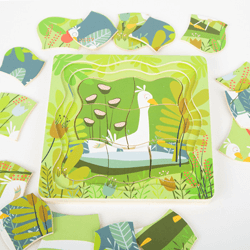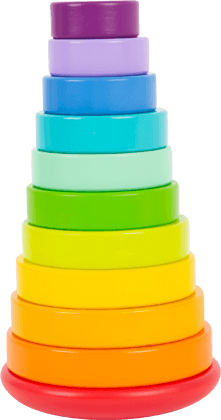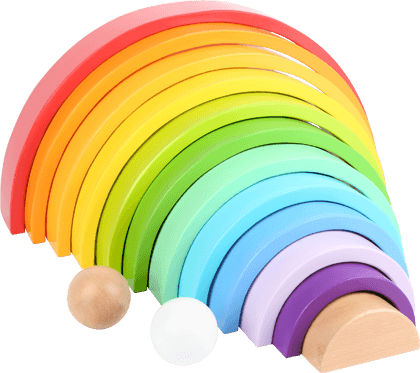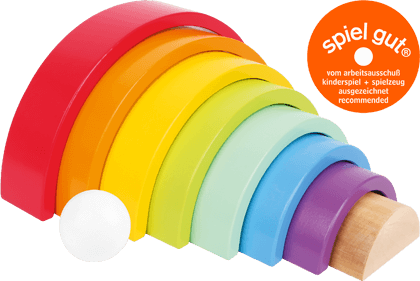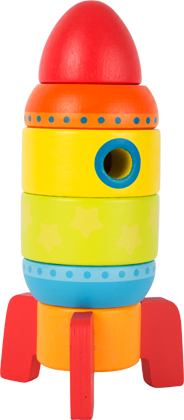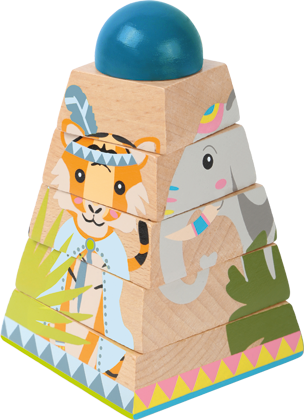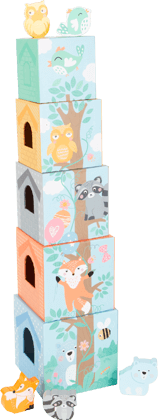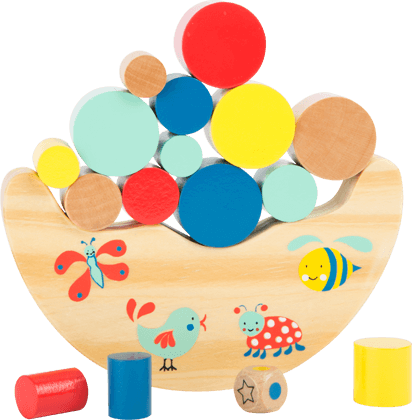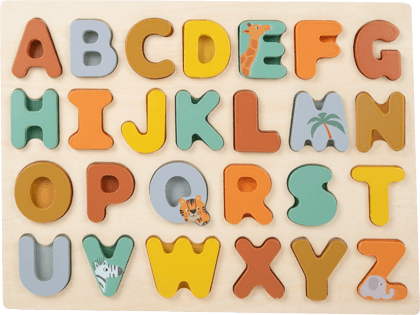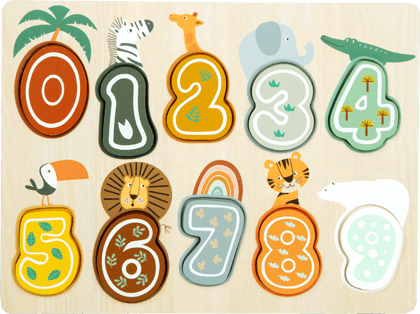The meaning of cognitive skills for children
We rely on cognitive skills every day. They include mental perception such as thought processes and apply to all the senses. Among these are environmental perception, speech comprehension, information processing, concentration skills, and remembering experienced events. Therefore, cognition can be an interface between one's environment and the brain. This means that cognitive competence can include several cognitive skills such as logical thought, concentration skills, memory abilities, and learning abilities. Babies and infants must first learn all of these skills. Parents can actively support children in this learning process with toys.
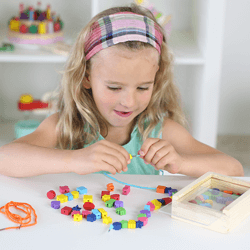
Explore the principles of cause and effect with shape-fitting and stacking games
Since cognitive skills can be considered to be the foundation of human thought, they're particularly essential for babies' and infants' development. After birth, babies are starting at square one - their comprehension of the cause-and-effect principles do not yet exist. For example, newborns learn that objects can be moved between the ages of 3 and 6 months. The principles of cause and effect can be further explored with this example. Shape-fitting and stacking games encourage the youngest kids to train their logical and abstract thought. Depending on their level of difficulty, they're also suitable for babies and infants to train their cognitive skills. At the same time, they'll also train their vision abilities and fine motor skills.
Shape-fitting and stacking games promote the development of logical and abstract thought
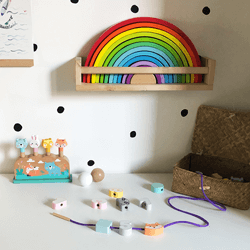
Plug and stack games promote logical and abstract thinking
Train concentration in a playful way
Children have to first learn to direct their attention to the important things at the right time. Children start to be able to concentrate longer between the ages of 3 and 4 years old. At that point, their attention spans last for around 20 minutes. They have to train their patience and first learn to concentrate. Toys that require patience and concentration promote the cognitive development, and some examples are threading games, games of skill, and balance games.
Train concentration with threading games, games of skill, and balance games.
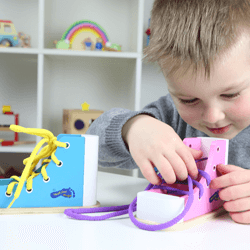
Concentration training with threading games, skill and balancing games
Puzzles for training cognitive skills
Whether for babies or for infants - Puzzles support children with their recognition, naming, and categorising of objects. At the same time, they'll train their concentration by carefully thinking and trying out different positions for the puzzle pieces to find the right spot. Patience and perseverance are needed to complete the puzzle. In addition, layer puzzles impart knowledge about certain topics, such as how a frog develops or the stages of a pregnancy.
Train cognitive skills with puzzles
